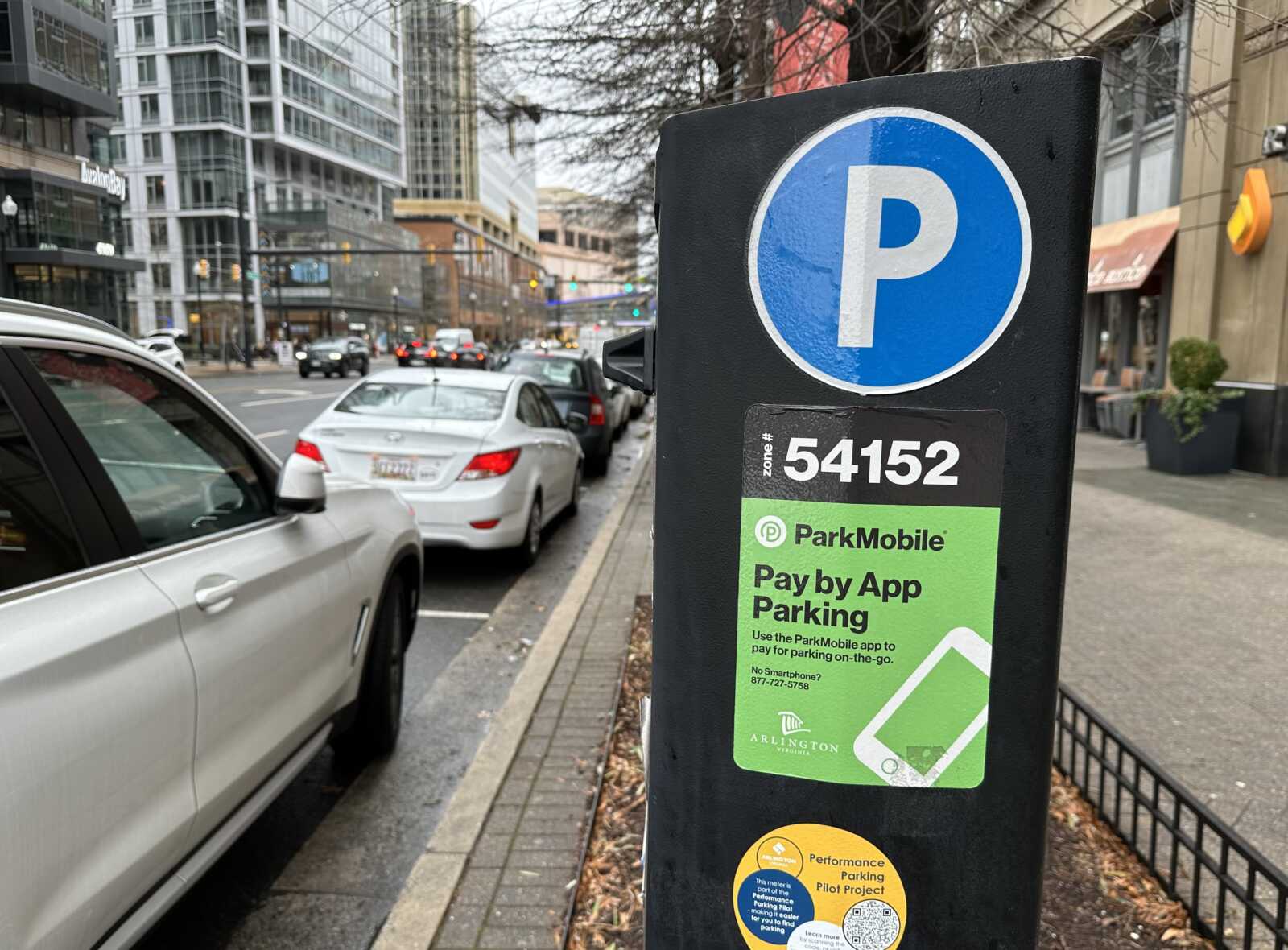Bussiness
Looser parking restrictions approved for Arlington businesses | ARLnow.com

Looser parking restrictions for businesses have arrived in Arlington.
The Arlington County Board unanimously voted on Tuesday to reduce parking minimums for many commercial establishments, while also removing some red tape around off-site parking and shared parking lots.
This move, part of Arlington’s Commercial Market Resiliency Initiative, aims to reduce unnecessary burdens on businesses and ultimately fill vacant retail spaces.
“Ensuring small business success starts with a clear and simple path to a Certificate of Occupancy,” a county report says. “A complicated path can be expensive and potentially prohibitive to a business opening in a given space. Minimizing regulatory hurdles like parking helps to facilitate an efficient review, resulting in a faster delivery of services to the community.”
Arlington’s previous retail parking requirements, many of which were set between the 1960s and 1980s, varied substantially based on business types. Most office buildings needed one parking spot per 250 square feet of floor area, but athletic and health clubs needed one spot per 50 square feet, while furniture and appliance stores needed one spot per 400 square feet.
Other requirements were even more specific. Restaurants needed one parking spot per six seats, while tennis, racket and handball courts needed three spots per court.
Under the revised zoning ordinance, all businesses in the new category of “neighborhood commercial center” need only one parking spot per 600 square feet of floor area.
The changes also extend the maximum distance for off-site parking from 600 feet to a quarter mile (1,320 feet). Additionally, they allow a collection of establishments in neighborhood commercial centers “to be parked as a unit, as opposed to by individual uses.”
“This approach continues to allow a developer or property owner to build as much parking as their site demands, and can physically and financially accommodate,” the report notes.
A representative from the Arlington Chamber of Commerce spoke in favor of the change at Tuesday’s meeting. But a member of the Ballston-Virginia Square Civic Association expressed concerns about the county report’s failure to consider how non-business entities, including Arlington County itself, might take advantage of the changes.
The civic association also asked the county to examine requirements around electric vehicle charging stations.
County staff plan to monitor the ordinance change’s effects as the county continues to reevaluate its approach to parking minimums.
“I’m sure that we will continue brainstorming tweaks as we go forward,” said Board member Maureen Coffey. “But for right now, I think this is expanding something that we already have to do just a little bit more.”










